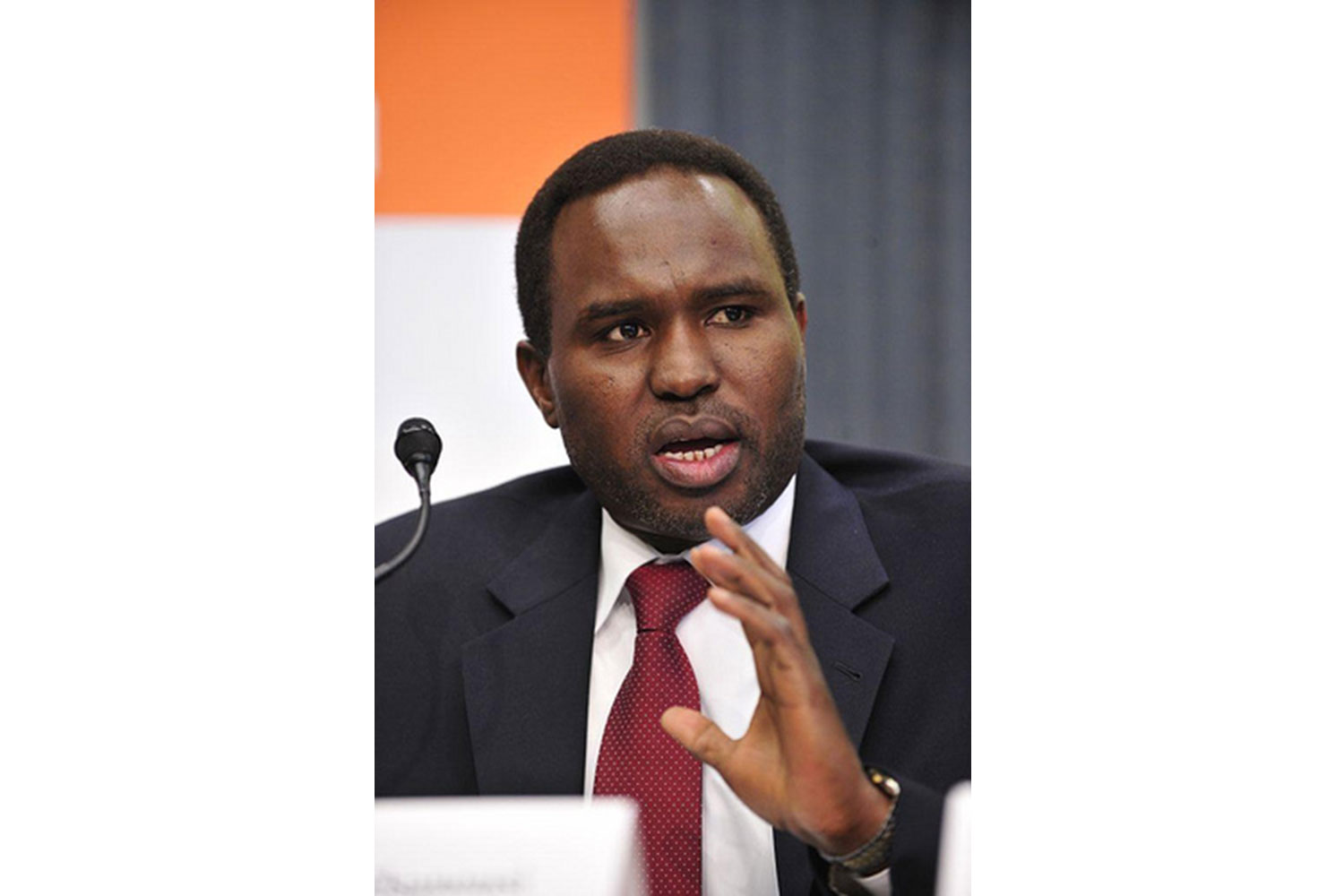
Religion is often a source of cohesion and identity in communities and countries around the world. While such shared identities within communities are most often a positive force, different religious identities between communities can fuel conflicts, making religion an easy target when there are actually many causes.
When conflict involves different religious groups, there is a need for religious and community leaders to play a positive role in preventing violence and contributing to sustainable peace. The Network for Religious and Traditional Peacemakers (the Network) builds bridges between grassroots peacemakers and global players in order to strengthen the work done for sustainable peace. The Network strengthens peacemaking through collaboratively supporting the positive role of religious and traditional actors in peace and peacebuilding processes.
The Network aims to improve the effectiveness of peacemaking and peacebuilding efforts by collaboratively supporting and strengthening the positive role of religious and traditional actors by increasing inclusivity of such peace processes. The long-term impact envisaged as part of the Theory of Change is, therefore, more resilient and inclusive peace processes that lead to sustainable peace. The mission of the Network encompasses the following strategic objectives, which are also geared to contribute to UN efforts towards sustaining peace and the SDGs, particularly the SDG 5, 16 and 17, and UNSCR 1325 (women, peace and security), and UNSCR 2250 (youth, peace and security).
The Network began its first peacebuilding project in South and Southeast Asia in January 2019 with the European Union-funded project entitled “Southeast Asia: Advancing Interreligious Dialogue and Freedom of Religion or Belief” (SEA-AIR). The Network recently organized its Final Conference on FoRB Policy and Practice on June 8 and 9th 2021 as the capstone event to this project. The conference presented best practices and policy recommendations that resulted from the 2.5 year project. More information on these outputs, and the community impacts, can be found on the SEA-AIR Facebook and Twitter pages.
The Network for Religious and Traditional Peacemakers is the lead implementing partner for the SEA-AIR project, which is implemented in consortium with Finn Church Aid (FCA), Islamic Relief Worldwide (IRW), Sathirakoses Nagapradipa Foundation (SNF), World Conference of Religions for Peace (RfP), and World Faiths Development Dialogue (WFDD). In addition, the Network is responsible for managing the Interfaith Fellowship Program, donor reporting, and coordinating all partners’ project activities.
Dr. Mohamed Elsanousi, Executive Director at The Network for Religious and Traditional Peacemakers, says, “This project aims for a long term change. The network hopes to see a decreased presence of extremist narratives in targeted communities, increased engagement between religious communities, increased awarenss of FoRB and its importance and connection to other human rights, and policy changes at the national and regional level to end discrimination against religious groups.”
The Network for Religious and Traditional Peacemakers believes in the following:
- respecting and celebrating the diversity of beliefs, faiths, choices, backgrounds, and experiences represented by all of its Members.
- Mainstream inclusion through utilizing a whole-of-society approach to ensure the aspirations, interests, choices, and needs of all concerned individuals, groups and segments of society are addressed to achieve sustainability and just peace.
- Contributes to a holistic understanding of human rights, including but not limited to gender equality, minority rights, and freedom of religion or belief, towards eliminating any form of discrimination through mainstreaming a human rights-based approach to conflict transformation activities.
- All human beings are born free and equal in dignity and rights, as enshrined in the United Nations Universal Declaration of Human Rights.
Dr. Mohamed Elsanousi, Executive Director at The Network for Religious and Traditional Peacemakers mentioned that this project contributes to an improved consensus and a conducive environment for the protection of freedom of religion or belief and peaceful coexistence of groups and individuals with different religious affiliations in Southeast Asia. Specifically, project stakeholders are looking towards enhancing local capacities to address discrimination based on religion or belief through interfaith understanding and mainstreaming at the country and regional level in South and Southeast Asian countries.
"In plain language, we want to work with grassroots peacebuilders to promote religious harmony in areas of the world where minority religious communities do not have full protection of their human rights.," says Dr. Mohamed Elsanousi, Executive Director at The Network for Religious and Traditional Peacemakers.
Overall, the Network takes a human rights approach to its work in promoting Freedom of Religion or Belief (FoRB), and their activities have many practical benefits. For example, it has implemented over 30 grant projects in South and Southeast Asia that focus on enhancing education curriculum, bringing together leaders from disparate communities, training youth in community development practices, blood drive campaigns, legal support to women community leaders, book drives, and social media campaigns. All these things together, the Network hopes that the targeted communities see immediate benefits to their quality of life while also understanding the communities around them better.
Discussing the SEA-AIR project’s approach towards Thailand, Dr. Mohamed Elsanousi said, “Our goals in Thailand are the same as in the rest of the region. We want to empower local actors working in religious communities to increase understanding of FoRB, other religious groups, and promote social cohesion and embrace diversity. We have already seen that our grant work in southern Thailand has resulted in increased cooperation between an Islamic and a Buddhist university. As a result of our grassroots work here, we hope to see more inclusive online dialogues and national policies.”
More information about the SEA-AIR project and the Network can be found at https://www.peacemakersnetwork.org/.